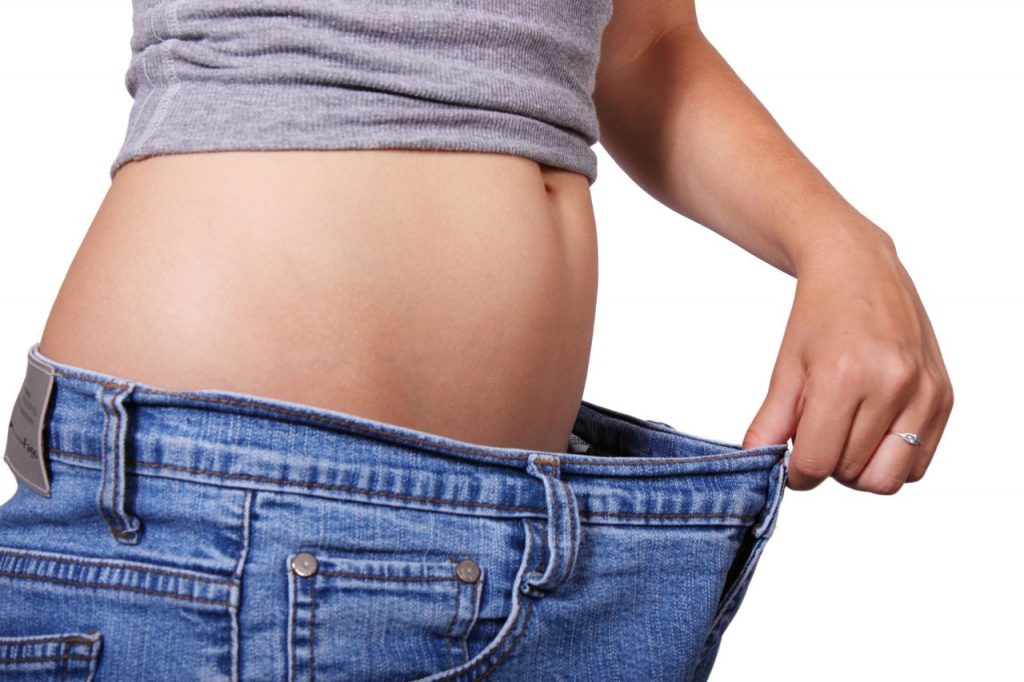6 Weight Loss Myths You Should Ignore
You do everything you know of to lose weight. Long hours at the gym doing low-intensity “fat burn” exercise, avoiding any food with fat in it, skipping meals throughout the day, and never EVER eating after 6 PM.
But what gives? Despite all the discipline you bring to your dietary regimen, the scale still has the same bad news each day: You haven’t lost an ounce!
So, just what is it you are doing wrong? Are you merely pre-disposed to carrying around that few extra pounds you just cannot seem to shake?
Hmmm, let’s find out–here are 6-weight loss myths you should ignore—unless, of course, you LIKE having those extra pounds!
Myth #1: It takes long hours of low intensity exercise to burn fat
Yes, exercise is good, and a good exercise regimen can be an essential part of losing weight.
However, even if you have enough time for lengthy sessions of low intensity exercise, you probably aren’t doing yourself much good. This is because your body doesn’t automatically go into fat-burn mode the moment you begin a long, slow jog. Rather, it utilizes the glycogen stores in your liver to start, and only after around 90-minutes on average does it use these stores up, after which it finally begins tapping into your body’s fat stores.
Instead, try this: High Intensity Interval Training (HIIT) can light-up those calories far more quickly than a low intensity run. Plus, you get the added benefit of continued fat-burn even after you are done working out—does it get any better than that?
Myth #2: Never cheat on your diet
Not only does scheduling a cheat day or cheat meal help you avoid the humdrum of dietary monotony, it can also help your metabolism speed up.
This is because your body adjusts to a low-calorie diet, and it slows your metabolism as a survival measure against starvation.
However, when you schedule a meal or day when you simply eat what you would like and ignore your diet, you are also telling your body to let your metabolism rip, and that there is plenty of fuel to burn.
And, it also helps keep you from cheating out of boredom!
Myth #3: You need to avoid fat at all costs
No, fat does not make you fat, although calories do. So long as you don’t overindulge in too much of it, maintaining a good balance of healthy omega 3-6-9’s in your diet is more help than hindrance when it comes to losing weight.
This is because fat burns more slowly and steadily than simple carbohydrates, so there isn’t an insulin response or need to store extra calories which your body can’t immediately burn.
Plus, having fats in your diet can help you feel fuller longer, as well as help you maintain a positive mental balance.
Scientists have now discovered a new healthy fat, omega 7, which has been shown to help with weight loss. It is also the main ingredient for Ultra Omega Burn which is an effective fat burner.
Myth #4: Being on a diet means being hungry all the time
No, you don’t have to starve to lose weight, and in fact, going hungry can have a detrimental effect on your weight loss.
This is because your body goes into survival mode and slows your metabolism when you don’t provide it with enough calories, which means it is more likely to stash calories away as fat than it is to burn what it has in hopes you will give it more.
Plus, there is that whole thing with being cranky from hunger all the time.
Myth #5: Eating before bed makes you gain weight
Correction: Eating TOO MUCH before bed makes you gain weight! However, your body does continue to burn calories, whether you are asleep or awake, and it is your total daily calorie intake which you need to be more aware of than merely the time of day you ingest them.
Myth #6: All calories are the same
Different types of calories burn at different rates, and the faster a calorie burns, the more likely it is to convert to fat.
This is because with fast-burning calories—such as those found in simple carbohydrates and processed sugars—your body usually can’t utilize the energy of them as fast as they are able to produce energy, which means some energy needs to be stored as…FAT!
However, proteins, fats, and long chain, complex carbohydrates such as those found in whole grains, fruits and vegetables don’t burn as fast, and make your digestive system work harder—which, by the way, also burns more calories.
Conclusion
Even though we have been told much of our lives that losing weight involves limiting fat, starving ourselves and constantly exercising, there are reasons very few of us see results when sticking with these dieting norms.
However, by following a few simple rules, such as limiting your simple carbohydrates and only indulging in them once per week or consuming a diet of complex carbohydrates and healthy fats while staying within your calorie count, you will have good results.
Content is interested:
how to lose weight
what is the keto diet
magnesium rich foods
iron rich foods
protein rich foods
fiber rich foods
foods high in potassium

